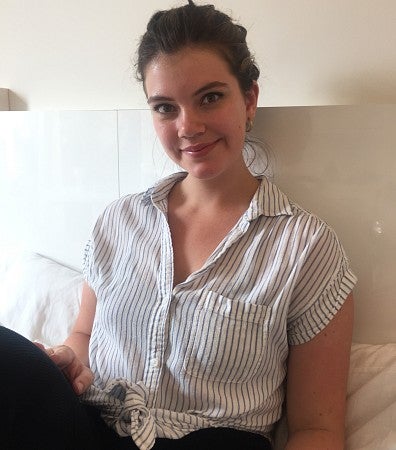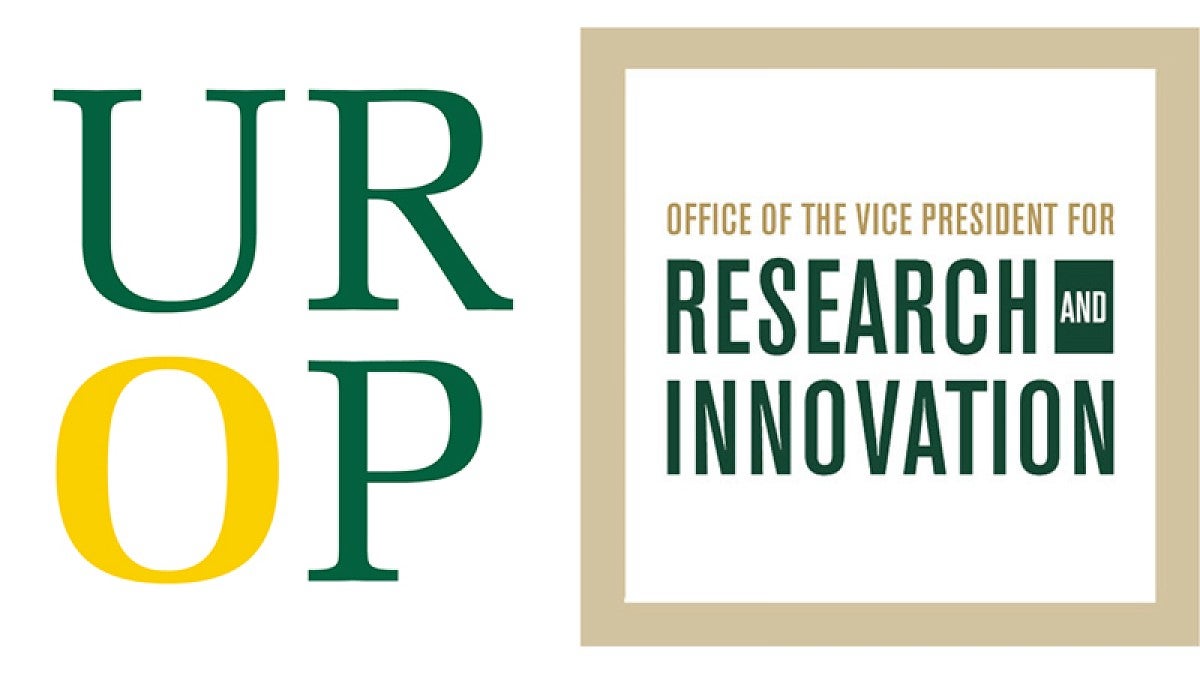Meg Rodgers, a senior, is a media studies major who turned her passion for television into an academic pursuit.
“I’ve always loved TV, it’s my favorite form of entertainment,” Rodgers said. “When my classes gave me the tools to think about it critically, that was a really exciting step forward in my education because it turned from a hobby into something I’m really interested in interrogating at an academic level.”

The humanities fellowship program is a small cohort of UO humanities students who meet together once a week to discuss their research topics and processes. The fellowship also includes a stipend to help support students financially while they dedicate their time to research.
The undergraduate research minigrant provides up to $1,000 to pay for materials related to students’ research. Rodgers is using her grant to pay for TV subscription services, boxsets of the shows she is analyzing and texts the UO library doesn’t own.
Rodgers found these opportunities through her thesis advisor, who she cites as an excellent resource for anyone pursing independent research.
“If you connect with a professor, you can’t leave the relationship at the door,” said Rodgers, who consistently met with her thesis advisor during office hours to talk about shared academic interests. “I have a really good relationship with my advisor, which I think is a key aspect going into the thesis process because advisors can be as much of a resource as you want them to be.”
When Rodgers’ advisor directed her towards the two grants, she took advantage of the overlapping work for the applications and her thesis prospectus course.
“In both the grant applications and thesis prospectus, you're producing an abstract for your project and you’re interrogating a lot of questions you’re going to approach throughout your research,” she said. “I’d say it's most effective to do those processes alongside each other or to apply for the grants if you’ve already done your prospectus.”
Rodgers recognized the difficulty in setting aside time outside of class to work on the applications, but she suggested that honors college students view the applications as a starting point for their thesis.
“It helped me gain momentum on the thesis process itself,” Rodgers said. “Even if you don’t get the grants, applying for them is a really good experience because the questions guide you through a lot of the points you’re trying to hit with your thesis, like what your research methods and questions are.”
Rodgers believes that many students don't realize the tremendous opportunities they have for their own research.
“The crazy thing about these grants is that they are not that much work for how much payoff there is,” she said. “Students just don’t know about the opportunities that are available to them and how much the university is willing to support undergraduate research.”
If students are held back by fear of the thesis process or a lack of confidence in their academic skills, Rodgers wants to assure them that they have what it takes.
“You’ve made it to this point in college through many honors college courses and you’ve proven that you can do it because you’re here, so just do it,” she said. “You have to trust yourself.”
—By Isabella Garcia, multimedia communications assistant, Clark Honors College


